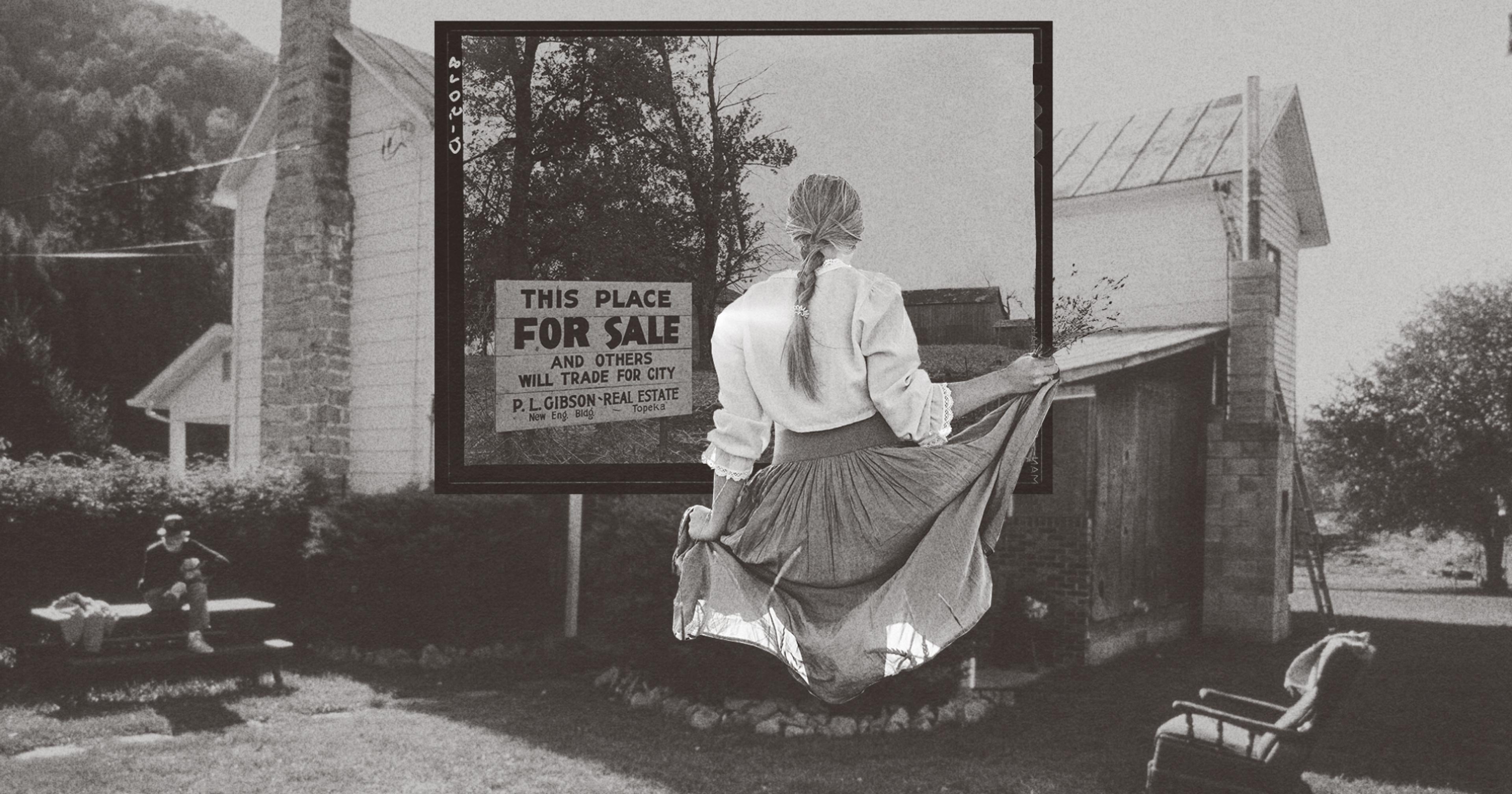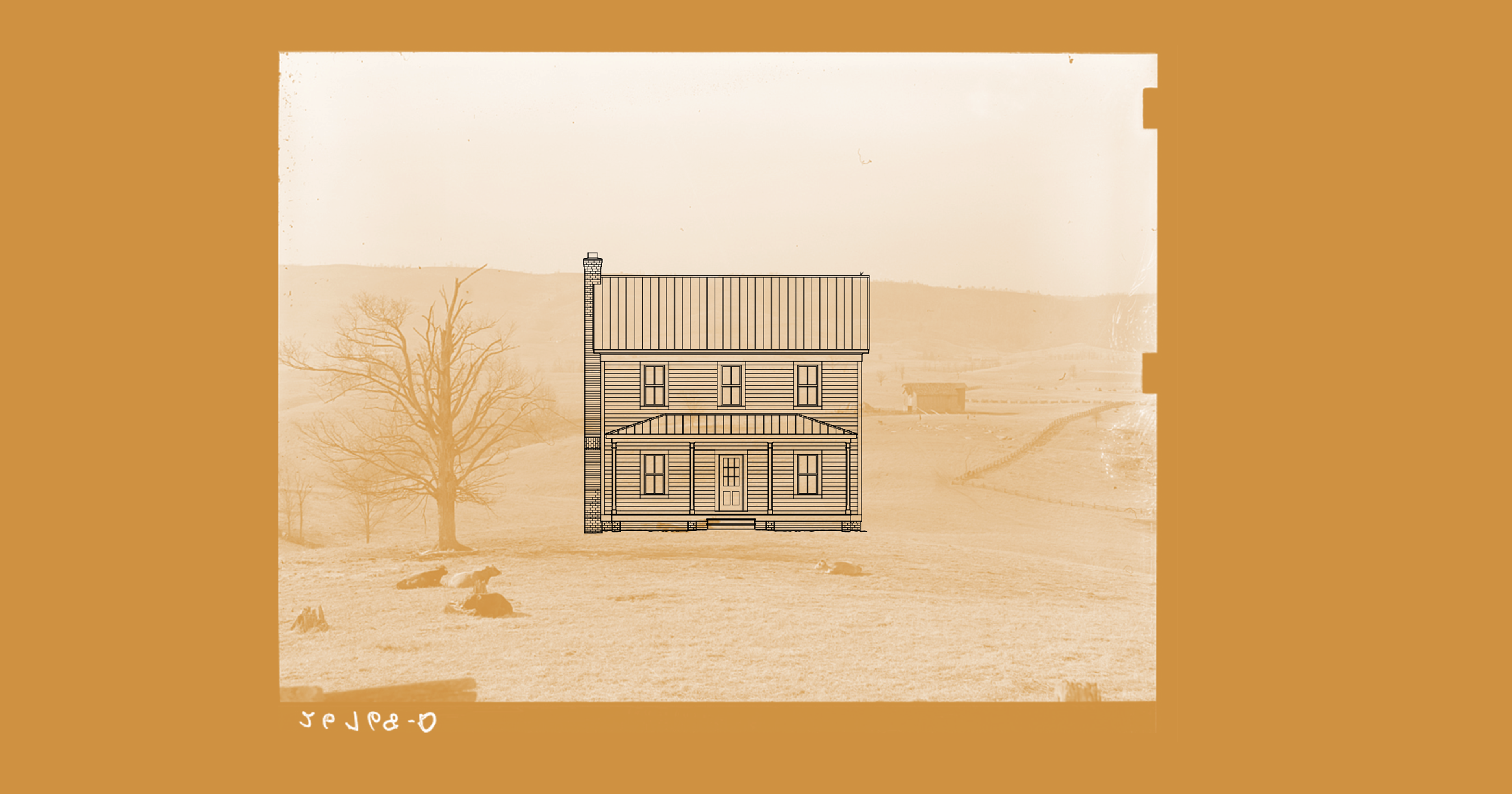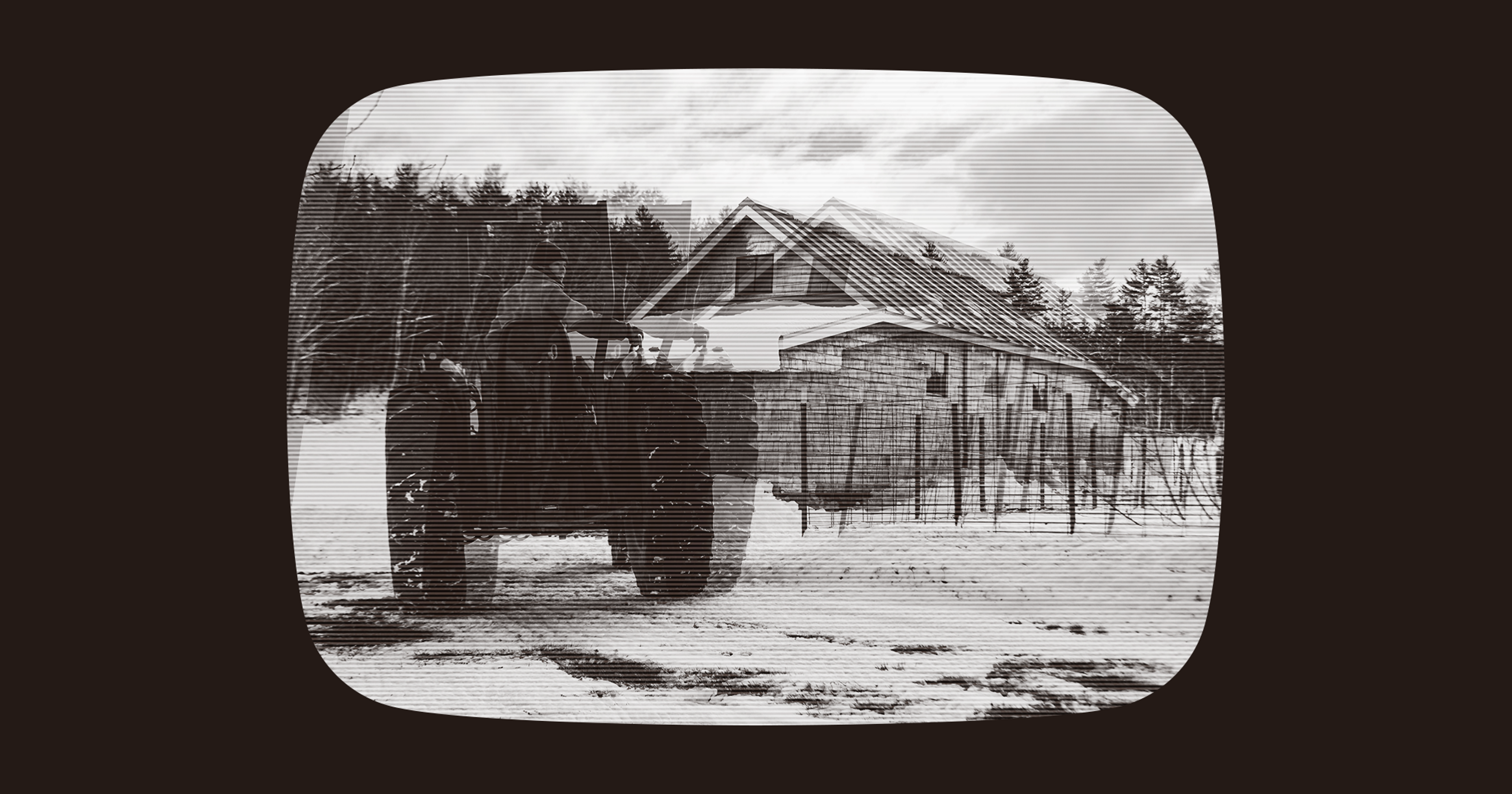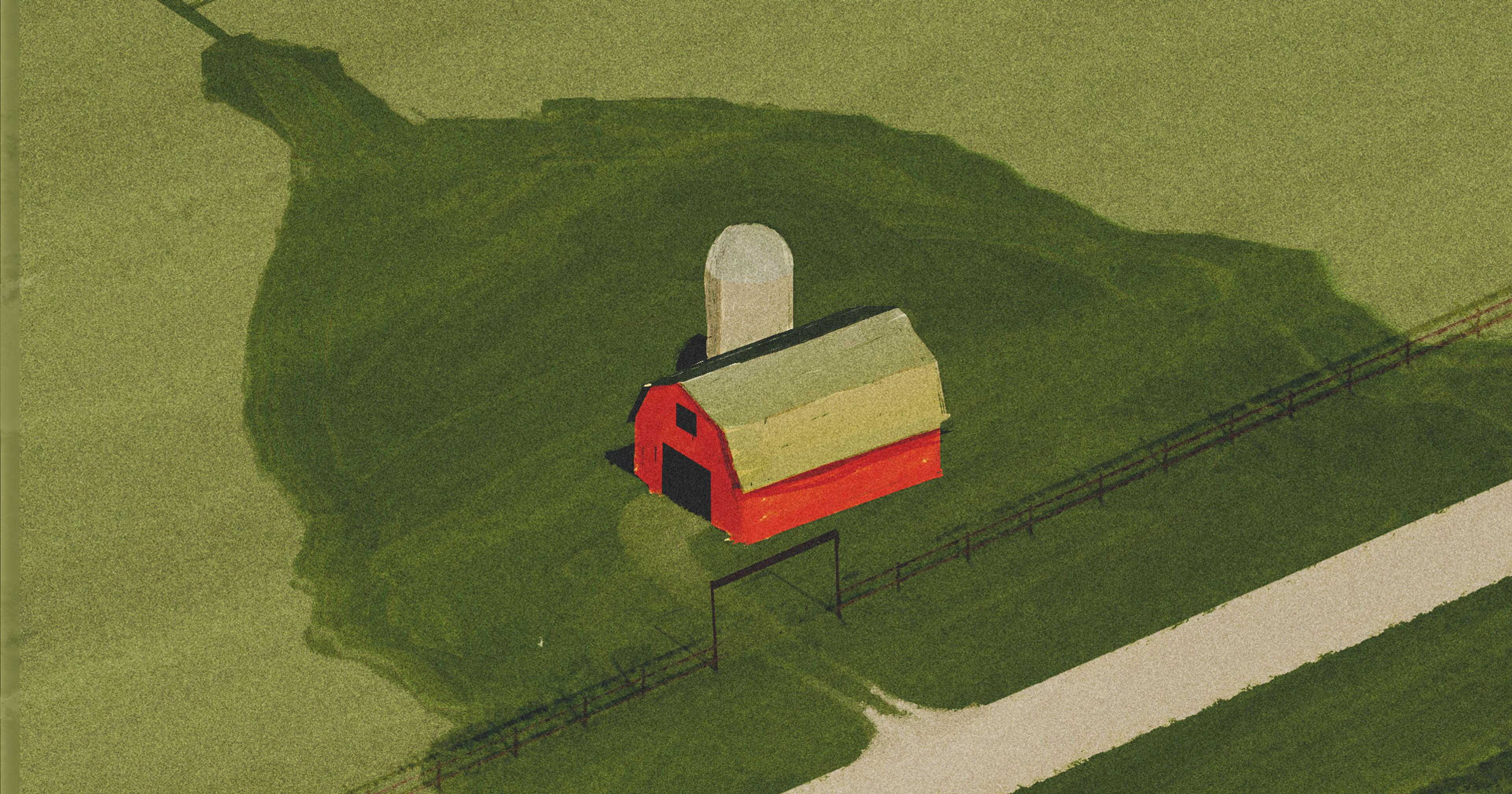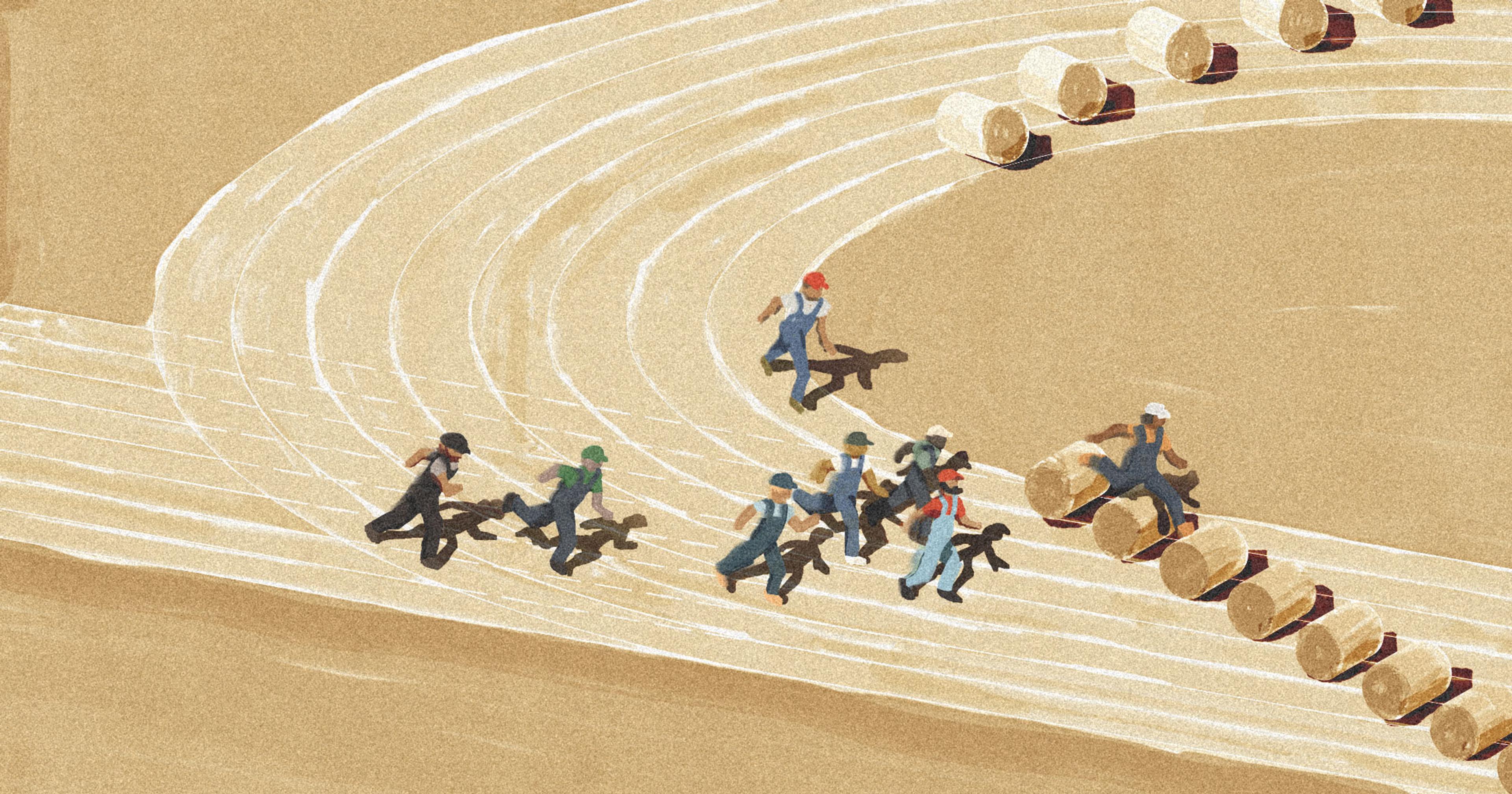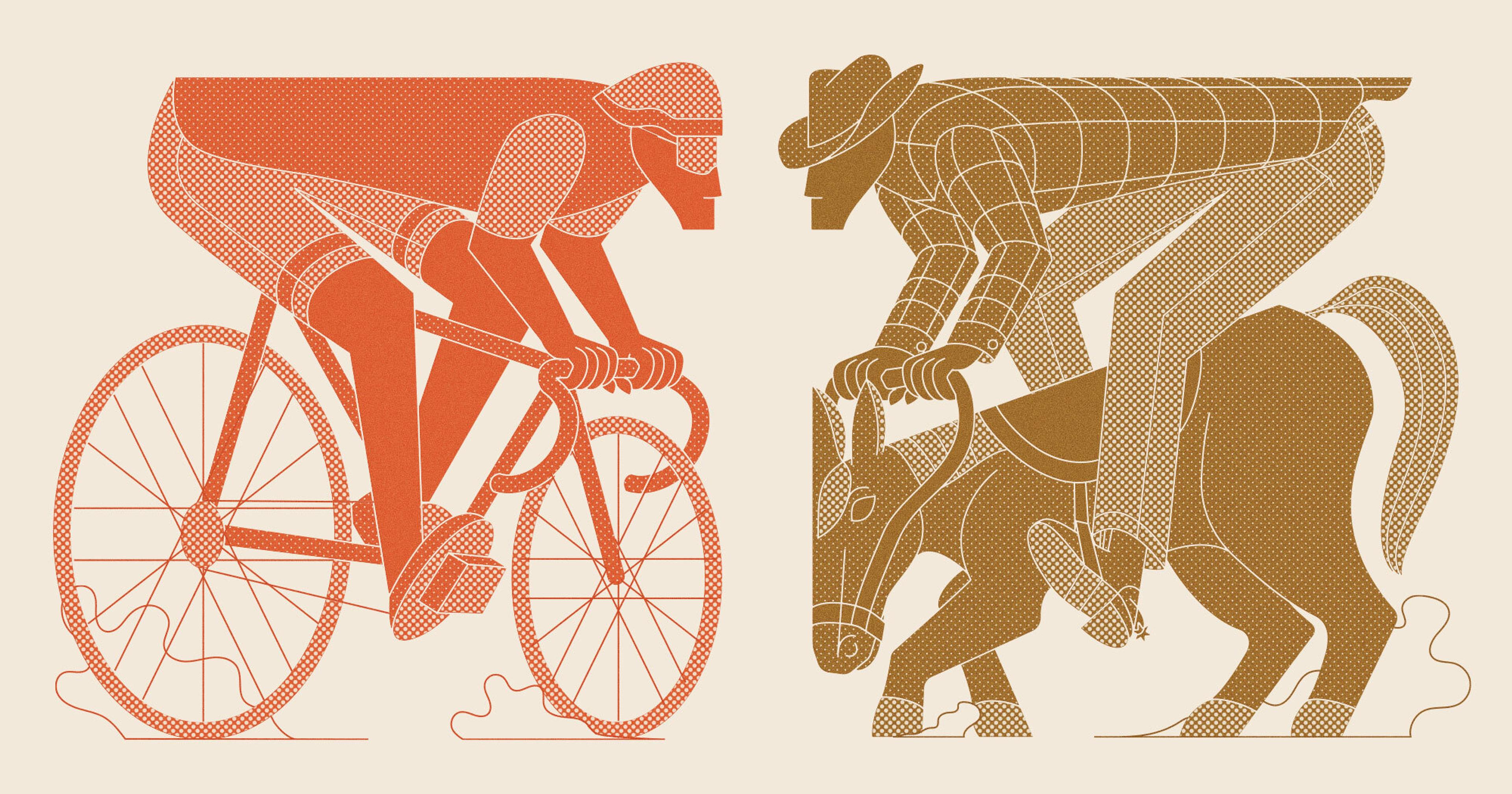Farmhouse properties are so pretty, they’re getting too expensive to use for agriculture.
Growing food is in Arya Royal’s blood. She was raised in Missouri, where her mom had a vegetable garden big enough to feed their whole family through the summer. Royal grew up with her hands in the earth.
“The first picture we have of me is in the garden eating mint and strawberries,” she said with a chuckle.
As she grew up, Royal received a full-ride scholarship to the University of Virginia and left home, losing touch with those roots — temporarily. It wasn’t until her father suddenly died this year that she found her way back to the dirt.
“When my dad passed away, I found that I was so much lighter in nature,” she said. “I realized I couldn’t keep going on the sort of path I was on.”
But Royal knew it would be incredibly difficult to find available, affordable farmland. Across the country, farmland within driving distance of towns and cities is being snapped up, especially after Covid, by folks who often want to get out of urban areas.
Scroll through Instagram and you’ll be hard-pressed to escape romanticized images of farm life: rolling hills, broad wrap-around porches, oddly clean baby goats. #Farmhousestyle is trending on social media with 4.6 million posts on Instagram alone. Celebrities often fuel the trend, snapping up farmland and talking about their new life on talk shows. But absent from almost all of that beautiful photography is actual farming work, which is seldom picturesque.
“What we see is that folks oftentimes are very interested in the rural landscape, the rural aesthetic, and at the same time, we have fewer and fewer farmers,” said Cari Watkins-Bates, director of land conservation for Scenic Hudson, a nonprofit dedicated to conserving farmland in New York’s Hudson Valley.
The popularity of the farm aesthetic and farmhouse lifestyle is creating real estate problems among working farmers, especially younger and newer ones who already face challenges in finding affordable land across the country.
Royal quit her job in Washington, D.C., and instead of purchasing her own land, moved to her partner’s family farm in Central Virginia. She instantly felt at home planting carrots, beets, and chard, and caring for the animals. Soon, she’d taken over most of the day-to-day responsibility.
The next step for Royal seemed clear: to start her own farm. She could have leased land, but as a young Black woman whose grandfather was a sharecropper and ancestors were slaves, she did not want to work someone else’s land.
“My dad’s dad was a sharecropper. You can still see the whip marks on his back,” Royal said. “I think just being at the mercy of someone else in that regard is not something I would be willing to do.”
“What we see is that folks oftentimes are very interested in the rural landscape, the rural aesthetic, and at the same time, we have fewer and fewer farmers.”
But she soon realized buying her own land would be extremely difficult, especially in her area — within an easy drive to Washington D.C. and the bucolic college town of Charlottesville, Virginia.
“The pressures from the city and kind of in the ex-urban area here are very real in terms of competition and pressure on available agricultural land for agricultural use,” she said.
“Since Covid, we’ve seen the prices creep up, people trying to get out of the city, people looking for fresh air,” agreed Dan Heisey, a real estate broker and owner of New York Land Quest, a real estate firm.
“So what I’ve found is the people buying the farmland are not going to utilize that land to generate any income or have the ability to do so or know-how. I had some folks from Brooklyn yesterday come out,” he said. “They love the idea but have no idea how to utilize it or how to generate income from that land.”
There is often a fine line between aspirational urbanites who want to try farming and those who are in it for aesthetics alone. But regardless of the intention, the farmhouse trend is making it harder for actual farmers to afford land.
According to a 2022 national survey from the National Young Farmers Coalition, 59 percent of young farmers (defined as under 40) said finding affordable land to buy is “very or extremely challenging.”
“I had some folks from Brooklyn yesterday come out. They love the idea but have no idea how to utilize it or how to generate income from that land.”
“This challenge can be stronger around urban areas because that’s a place where people are perhaps more interested in buying second homes,” said Holly Rippon-Butler, land policy director for the National Young Farmers Coalition. “People who just maybe want to live a little bit outside of the city but still be close [are] looking at farm properties as attractive options.”
Rippon-Butler grew up and still lives on her family’s multi-generational farm in upstate New York where she also runs a small ice cream stand. She’s seen this dynamic at play herself.
“There’s been just across the board kind of a huge shift over the last few years that farmers [and] those of us who work in this space and who are tracking these things are seeing and paying attention to,” she said.
According to USDA data, farmland has already been increasing steadily in price since the 1980s, but has spiked over the last few years. But farmers and policymakers aren’t necessarily blaming folks who want to live in their beautiful areas.
Rippon-Butler doesn’t want to pass moral judgment, “to say certain people are more right for having access to land than others,” she said. “[It’s] just really tricky territory. But I do think that there’s a role for a lot of different ways of moving through life in rural spaces.”
Some people are moving to so-called “agrihoods,” developments anchored by a farm worked by people other than the homeowners. Another way to navigate that relationship is for new landowners to lease land to local farmers, but arrangements like this are often difficult to maintain.
“We hear over and over again that those kinds of rental situations are overwhelmingly extremely difficult for the farmer and that they don’t lead to long-term land tenure or security or stability,” said Rippon-Butler.
“So what I’ve found is the people buying the farmland are not going to utilize that land to generate any income or have the ability to do so or know-how.”
Watkins-Bates has seen similar difficulties in the Hudson Valley.
“Leases [can be] challenging for both parties, particularly when one party doesn’t have a background in agriculture,” said Watkins-Bates. “So I might like the aesthetic of agriculture around me, but say, I don’t want dairy manure spread on the fields right near my house. So while someone might be willing to lease their farm land to another farmer, they might have very clear ideas and want out of that lease.”
Scenic Hudson is working to combat the problem through conservation easements.
“They are a tool that we use that keeps, in its simplest terms, farmland available for farming forever,” Watkins-Bates said. Her organization, Scenic Hudson, works to conserve land at 150 farms that cover 20,000 acres in the area. These easements are in use around the country, especially in areas facing similar rural migration challenges.
“Here in Maine, we are definitely one of those areas where because of the pandemic, lots of people wanted to take advantage of a different, more rural lifestyle,” said Adam Bishop, vice president of programs for the Maine Farmland Trust, an organization dedicated to preserving farm property in the state. “So the price of farmland and farms here in Maine since 2020 has increased a lot.”
“[It] is really designed to prevent estate-type buyers from coming in and saying like, Hey, I don’t really care that there’s these restrictions on this property. I’d still love to live here. I’m going to use it as my summer home, but I’m not going to farm, but I’ll just keep the fields mowed and that’ll satisfy the conservation easement. We don’t want that.”
About 400 farms are under conservation easement in Maine, according to Maine Farmland Trust.
Meanwhile in Virginia, Arya Royal is still saving up for farmland, keeping an eye on new listings and getting ready to make the leap. She thinks about her late father, who would always joke about wanting his “40 acres and a mule,” and about her father’s father, a former sharecropper.
“So to be able to go from that to potentially owning my own land someday is just so…” she trailed off, searching for the right words. “I can’t even explain how incredibly significant that feels to me.”

